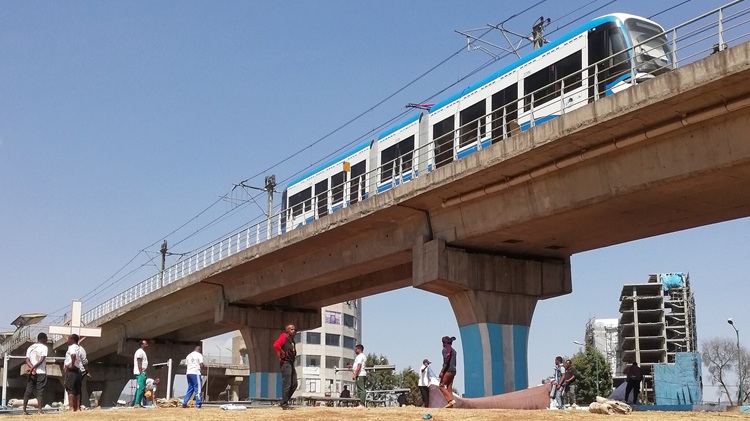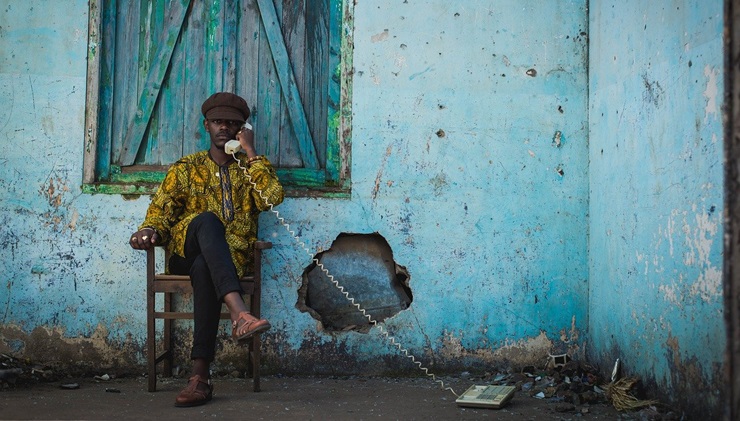Pushing Africa’s reform agenda at the World Bank-IMF Spring Meetings

What does Africa want to get out of the World Bank-IMF Spring Meetings? Is this the time to accelerate the push for reform?
In the corridors of global economic diplomacy, the Spring Meetings of the World Bank and International Monetary Fund (IMF) stand as pivotal moments where nations come together to address pressing issues that shape the world’s financial landscape. These gatherings serve as catalysts for policymaking, collaboration and strategic engagements.
At the heart of these meetings lies a fundamental imperative that often gets overlooked: to ensure that all voices are heard and heeded in shaping the policies and decisions that affect their lives. For African nations, the Spring Meetings represent a rare opportunity to engage directly with policymakers, advocating for their interests within the broader discourse of global economic governance.
In recent years, these meetings have unfolded against myriad challenges, from escalating debt burdens to rising inflation and persistent conflicts. African countries in particular have found themselves grappling with an inherently skewed financial architecture that often undermines their economic prospects. For instance, looking at the voting allocations in the IMF and World Bank in per capita terms reveals extreme inequalities – every vote held by the average person in the global north translates to only one-eighth of a vote for the average person in the global south. Despite engaging with the World Bank and IMF, the continent still faces high unemployment and poverty rates, while other developing regions have seen improvements in living standards.
For African nations, the Spring Meetings represent a rare opportunity to engage directly with policymakers to advocate for the continent’s interests
Progress was made at last year’s October IMF-World Bank annual meeting in Marrakech, particularly on African priorities. Talks focused on increasing lending resources and addressing global economic challenges like debt, inflation and conflict, heightened by the Israel-Gaza conflict. African representatives pushed forward with reform proposals for both institutions. However, while securing funding commitments, stakeholders faced difficulty in reaching consensus on key issues, notably reform.
Reform has emerged as a pressing concern for many countries in the global south. These institutions, originally established in the 1940s to promote global economic stability and development, have often been criticised for their outdated governance structures and lack of responsiveness to the evolving needs of member countries.
According to the African Union Commission, reforming the international financial architecture involves:
-
- Addressing the debt crisis
- Increasing grants and concessional funding to Africa
- Channelling Special Drawing Rights to African financial institutions
- Empowering African representation in global decision-making
- A green growth agenda for Africa in the short to medium term
There remain certain hurdles to greater participation of African countries at the Spring Meetings such as policy competition, limited political will, and logistical challenges.
Despite these challenges, policymakers must capitalise on the Marrakech meetings. African and international leaders, along with various partners, must execute a detailed plan linking these agendas.
To accomplish this goal, it is essential to support African institutions. Moreover, active participation from global and bilateral development stakeholders, such as the various United Nations agencies and African Development Bank, is crucial. African policy institutes, through providing critical analysis, guidance and advocacy, play a pivotal role in steering these efforts effectively.
As calls for reform grow louder and the urgency of addressing pressing challenges intensifies, the voices of African countries must be heard loud and clear
Consequently, a critical focus at the upcoming Spring Meetings will be to address Africa’s mounting debt burden while preventing a recurrence of such financial turmoil. The burden of debt repayment is significantly increasing for African governments. Although Africa has a small share of global debt, its effects are disproportionately negative. This is due to unfavourable debt terms and high debt-to-GDP ratios. Currently, 19 African nations are in danger of or are already dealing with debt problems.
These qualms are intensified by a lack of adequate access to concessional finance. This forces African countries to go to the open capital markets where the cost of borrowing is far higher. Over the next few years, African nations will spend an extra US$56 billion to repay the debt they borrowed from capital markets between 2016 and 2021.
African leaders should also prioritise discussing the crucial need for a fair energy transition during the Spring Meetings. African nations are hit hardest by the effects of climate change, yet they receive only 5.5% of global climate financing. The African Development Bank estimates that climate change causes Africa to lose US$7 billion to US$15 billion annually, with projections indicating a stark increase by 2040. Securing financing for renewable energy projects, enhancing energy access and promoting green technologies are central to Africa’s development agenda, and the Spring Meetings offer a unique opportunity to mobilise support and resources towards these goals.
African countries also shoulder domestic responsibilities to improve their economic situations, alongside the need for reform. As stipulated in the Marrakech Framework, African nations must strengthen public financial management, including optimising resource allocation and budgeting, ensuring rigorous oversight of expenditures, and establishing appropriate audit institutions and procedures.
The Spring Meetings represent more than just annual gatherings of policymakers and economists. For African nations, active participation in these meetings is a vital step towards reforming the global financial system to better serve the needs of all nations. As calls for reform grow louder and the urgency of addressing pressing challenges intensifies, the voices of African countries must be heard loud






